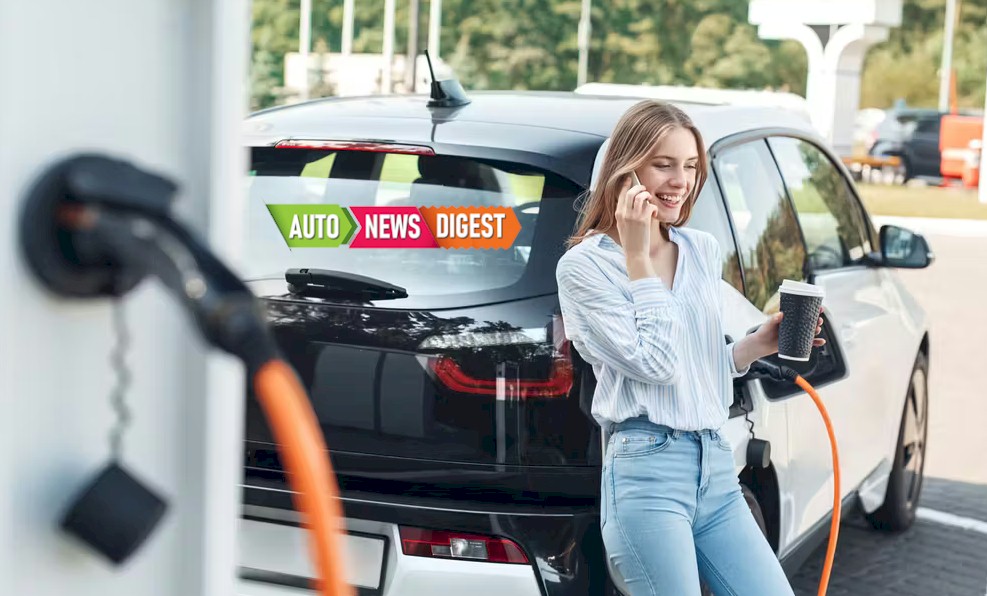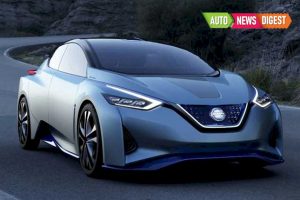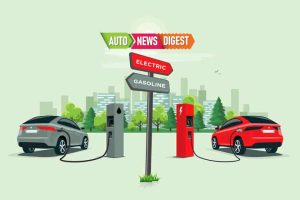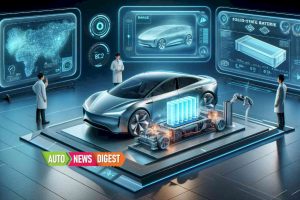In 2023, EVs gained momentum with a strong growth in the first half, up by 55% compared to the same period in the previous year, although the second half of 2022 was far stronger (respectively) as interest rates were substantially lower.
In 2024, four out of ten Americans will be seriously considering an EV for their next vehicle purchase, but interest rates being as high as 12%, car buying has seen a drastic decline recently.
All cars including EV, Hybrids, and gasoline-powered cars have seen decline in sales and rising inventory.
However, EVs experiencing higher than anticipated upfront costs, home charging, and the availability of free or for fee charging stations prove to bring some challenges to consumers in 2024.
Even with growing an expanding network of charging stations, which alleviates some range anxiety, still there are problematic issues for the sales growth of EVs.
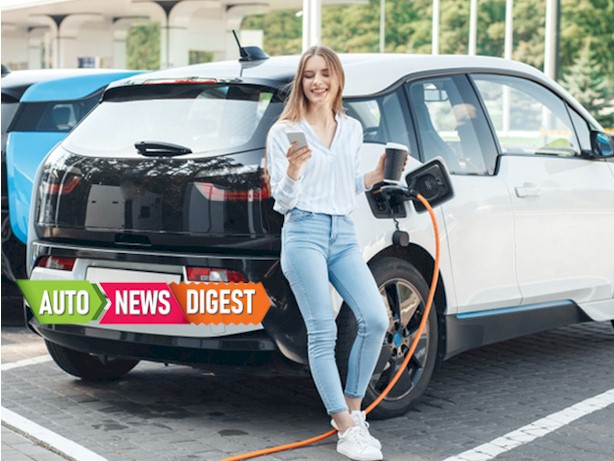
There are industry lobbies that want to make changes with regards to Biden Administration and his government overreach on environmental issues (as some people suggest). However, Its not government mandating, its the market that’s transitioning. The government is just trying to help (for better or worse).
During 2024-2026 Hybrids will become more popular, EVs will become slightly more affordable, gasoline-powered cars will remain somewhat strong – according to some industry experts.
Hybrids seem are becoming an alternative of choice for OEMs and consumers.
2024 Automotive Industry Trends Emerging Technologies
Consumers are big into EVs because they believe they’re nicer to drive.
This is something that many drivers of petrol and diesel cars don’t really think about (unless they own a luxury car like a BMW, Mercedes, Lexus, or high-end European cars). Sometimes overlooked in the lists of electric vehicle advantages is that EVs are quiet. Really quiet.
Many EV drivers get use to how smooth these cars are. Once bitten, forever smitten.
There’s basically no engine noise inside the car, so it’s a lot more peaceful and relaxing to drive. Don’t get use to it, then it’s hard to be without it.
And that reduced noise when you’re behind the wheel can have a positive effect on your well-being, lowering stress levels wherever you’re going. It’s more subliminal than you think.
EVs do offer consumers a few extras, for instance features that keep you safe to those that just make driving a little more pleasurable. Many EVs back up the technological credentials of their engines with their manufacturer’s latest developments in other areas as well.
It is expected that in 2024, demand for EVs will continue despite high interest rates that affect the monthly plans that car buyers can afford.
Networked Systems an Essential 2024 Automotive Industry Trend
Connected network solutions for the automotive industry will become more significant than before. Vehicles are evolving from mere means of transportation to fully connected devices.
This transformation is prompting a shift in the overall expectation of consumers and how car manufacturers (OEMs), will respond to demand,
As manufacturers increasingly incorporate comprehensive software suites to facilitate integration with other smart devices, more networking companies and developers will produce even more flexible tools and software for the consumers.
This digital shift is fostering personalized user experiences, consumer comfort, ever-expanding need for automation and digital cruise-control and driver-less assistance solutions, enabling over-the-air updates, and leading to the development of more sophisticated digital systems.
However, it is expected that as vehicles become more connected, the risk of data breaches and cyberattacks rises.
Vehicle cyber threats remain a significant concern for consumer cyber security, necessitating that dealers offer robust training and comprehensive protection solutions to safeguard customers.
The demand for personalized experiences extends to the car-buying process as well. Dealerships and their Internet Sales Managers are expected to get more in-tune with what consumers want.
In the post-pandemic era, there has been a noticeable shift towards digital tools in automotive retail. People are now use to it, demand it, AND are willing to pay for it.
As of 2024, about 60% of car buyers prefer using digital tools provided by dealerships, which facilitate various aspects of the buying process, including financing options, F&I Manager interactions before coming to the dealership to test the car, vehicle browsing, and educational resources to aid decision-making.





